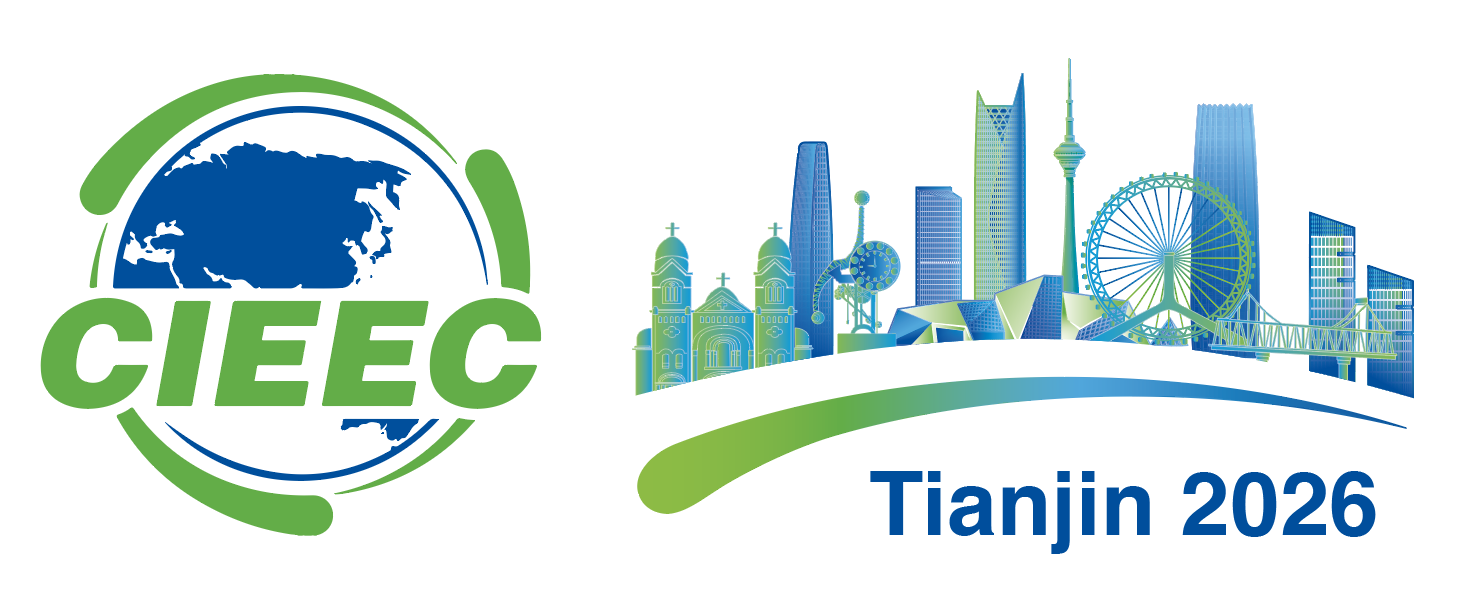Special Sessions

01
Advance in Multi-objective Design and Control of Wireless Power Transfer Systems


02
Power Electronics for Wireless Charging: Topologies, Couplers, Control, and Systems


03
Advanced technologies of multilevel converters for large-scale offshore wind power integration


04
High-Frequency Isolated Converters: Topology, Modulation, Control and System Integration


05
Wireless Power Transfer Technology Applications and Intelligentization


06
Advanced Control Algorithms and AI Applications for Permanent Magnet Synchronous Motors


07
Design and Optimization of High Power-Density Permanent Magnet Synchronous Motor


08
Modeling and Control of High Efficiency and High-Power Density Converters


09
Multiple Input/Output Wireless Power Transfer: Design, Topology and Control


10
Emerging Technologies for Fault Analysis, Diagnosis, and Tolerant Control in Electric Machine Systems






